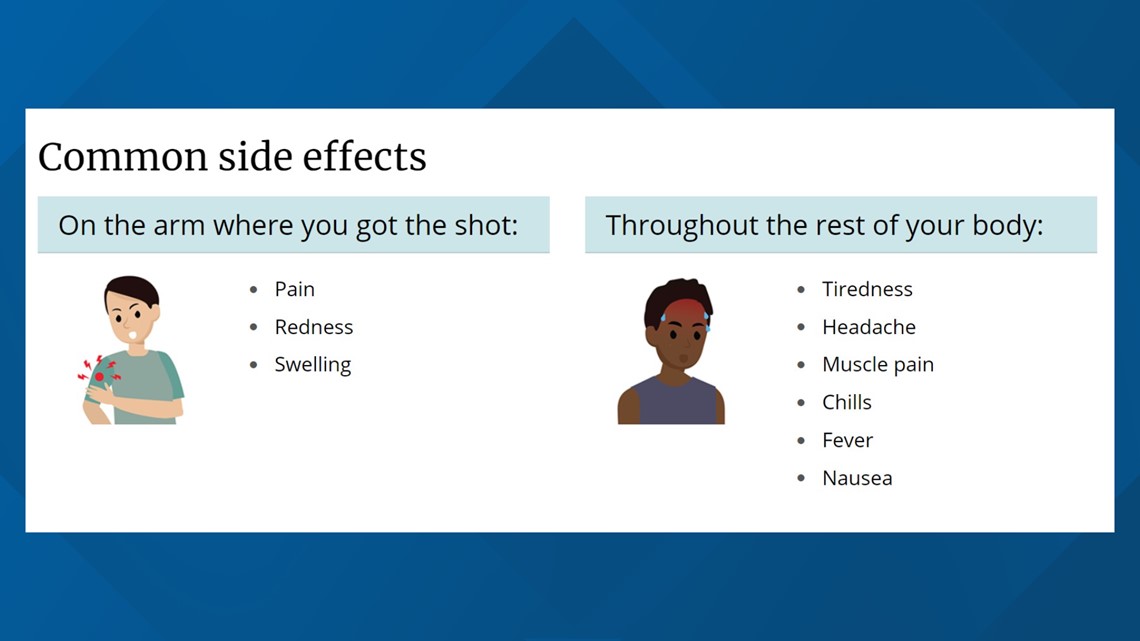CHARLOTTE, N.C. — North Carolina could be entering a confusing time of year for symptoms as COVID-19 infections are still prevalent, seasonal allergies are kicking up, and more people are becoming eligible for coronavirus shots and will soon be expecting those vaccine side effects.
So, how do you tell the difference between them all?
Dr. David Priest, an infectious disease specialist for Novant Health, said it's not the first time doctors have had to parse out different illnesses with similar symptoms this pandemic.
"This has been the diagnostic dilemma for thoughtful clinicians from the beginning," Priest said.
The same situation arose during flu season, and Priest is expecting allergy season to bring similar confusion.
First, a comparison between COVID-19 symptoms and allergies shows some commonalities like cough, headache, sore throat, and congestion.
However, itchy or watery eyes, as well as sneezing would point more to pollen.
Priest also said some notable symptoms would be missing for allergy sufferers.
"If you develop a fever and certainly loss of taste and smell you're going to be thinking more about COVID," Priest said.
When factoring in the side effects of getting a COVID-19 vaccine, the similarities continue. For example, both the shot and a coronavirus infection could bring chills and fever. Both the shot and allergies could come with tiredness and headache.


Remember: When in doubt, get tested.
"If you have symptoms, even if you've been vaccinated, you should get tested," Dr. Mandy Cohen, North Carolina's Health and Human Secretary, said.
Have a relative or friend in another state and want to know when they can get vaccinated? Visit NBC News' Plan Your Vaccine site to find out about each state's vaccine rollout plan.

